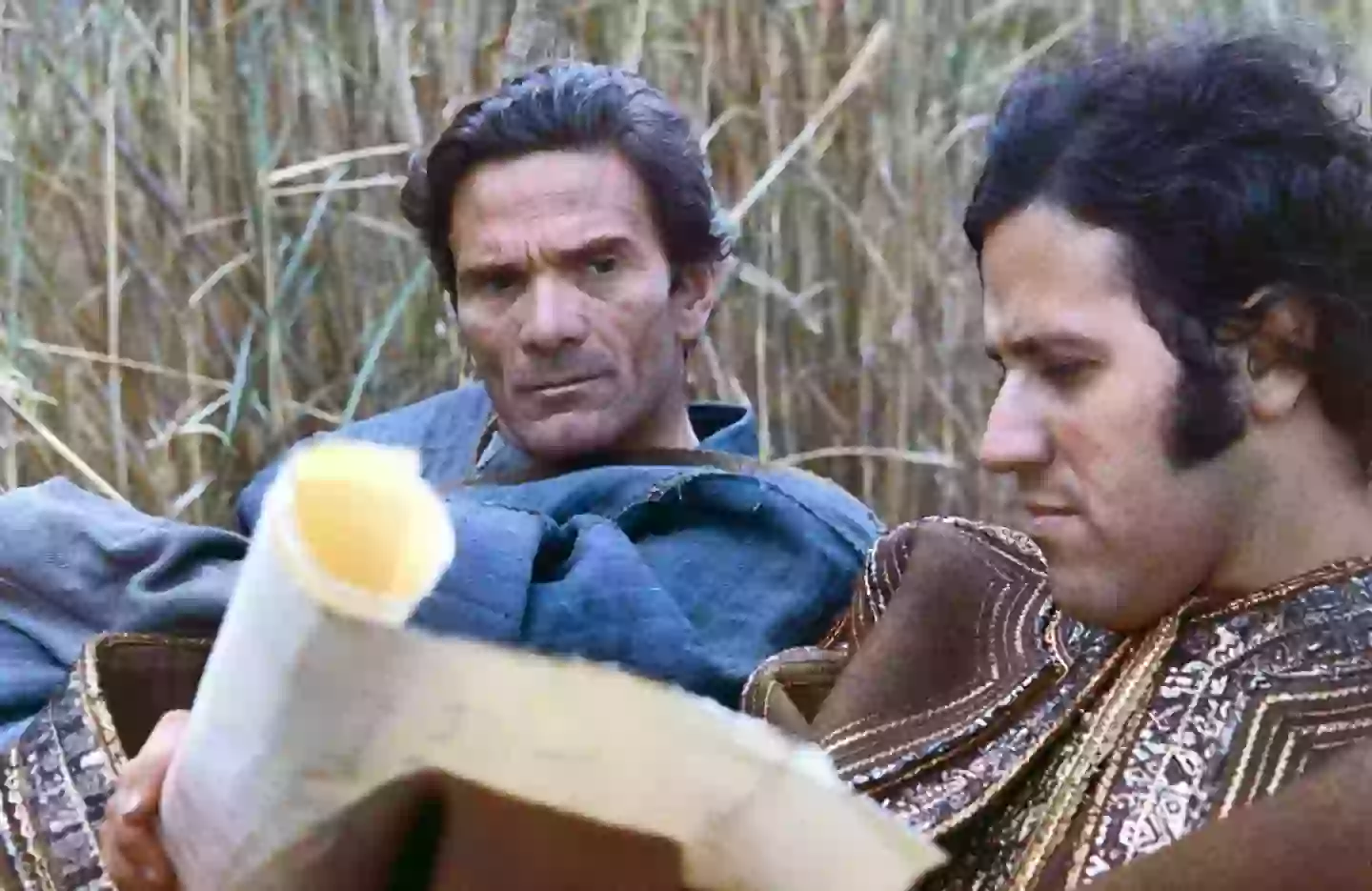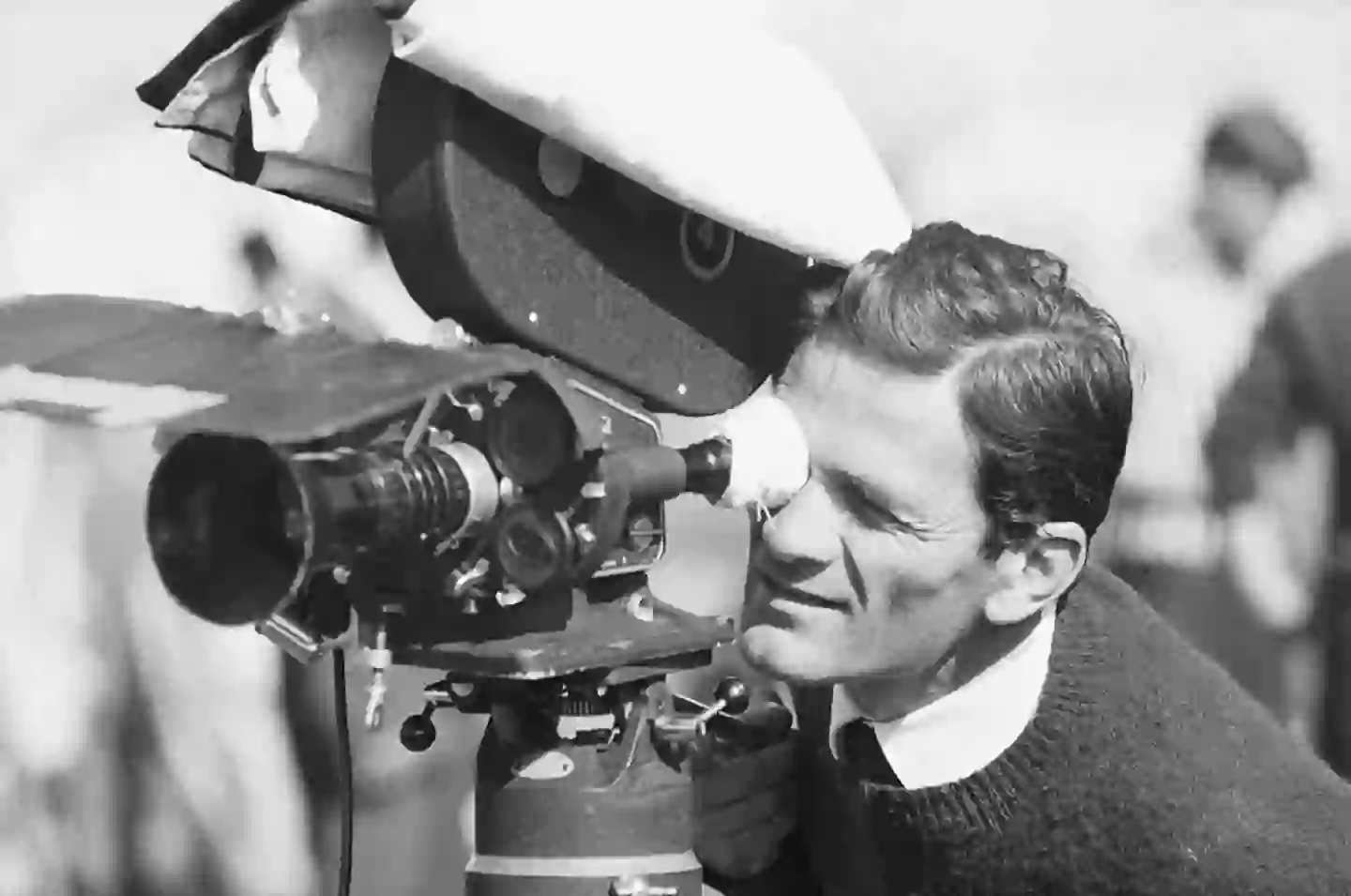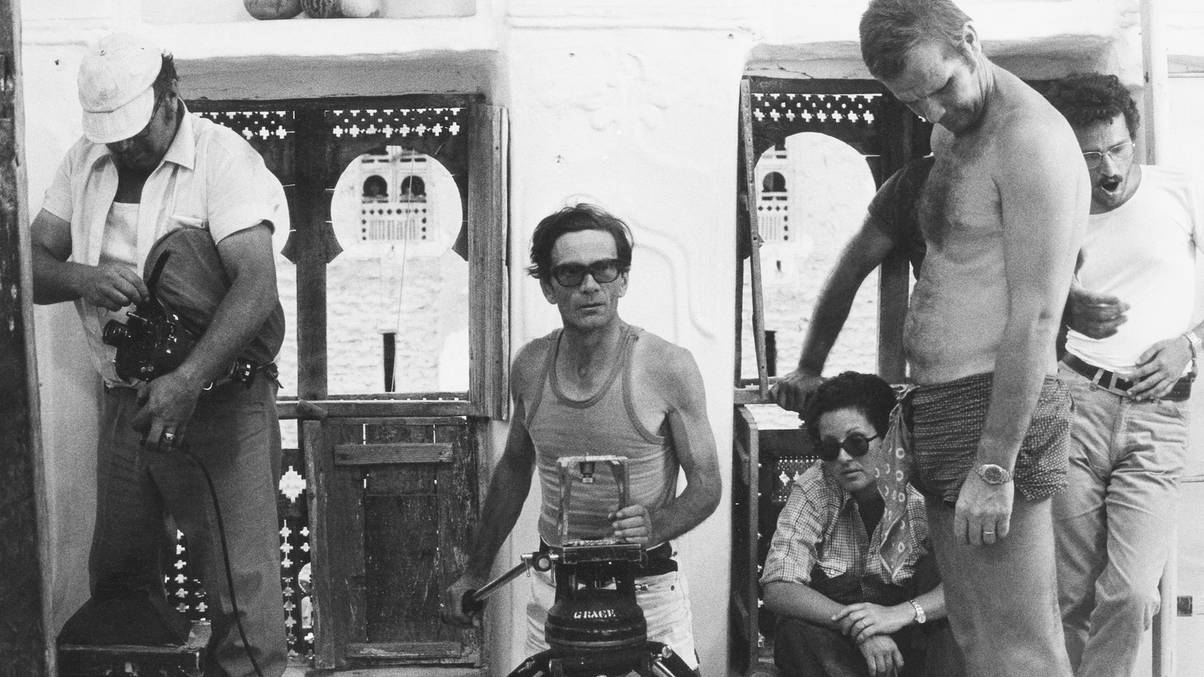Bizarre Murder of Controversial Horror Director Sparks Chilling Questions Just Before Film Debut
True crime and horror often feel like two sides of the same blood-splattered coin, and the story of Pier Paolo Pasolini—murdered just weeks before releasing a film so shockingly brutal it got banned across 20 countries—is a prime example. Imagine crafting a movie that still makes modern audiences squirm, only to meet a fate as grisly as the scenes you put on screen. Pasolini’s Salò, or the 120 Days of Sodom wasn’t just controversial; it was cinematic taboo, a disturbing tale of sadism and kidnapping that got police raiding theaters. But the real twist? His murder remains an unsolved nightmare, tangled in confessions, retractions, and mafia whispers, leaving us wondering—can truth be even darker than fiction? Dive into this chilling enigma that blurs the line between art and atrocity. LEARN MORE.
True life is often stranger than fiction, and that’s the case with the mysterious murder of horror film director Pier Paolo Pasolini.
He created a horror film which was so shocking, it was banned around the world. Even by today’s standards where people are increasingly desensitised to horror, his 1975 film, Salò, or the 120 Days Of Sodom, is still regarded as one of the most shocking movies ever made.
When it was released, it was immediately banned in 20 countries, including Canada and Australia, and a cinema was raided by police in the UK for trying to screen it.
It features four men kidnapping 18 teenagers before subjecting them to brutal sadism for four months.
Salò’s director Pasolini was brutally murdered just three weeks before the film’s release, and to this day, the case has never been officially solved.

Pier Paolo Pasolini was killed three weeks before the release of his film (Photo by Produzioni Europee Associate (PEA) / Artistes Associés / Artemis Film/Sunset Boulevard/Corbis via Getty Images)
On 2 November, the 53-year-old was found beaten to death and was left almost unrecognisable due to the savagery of the attack.
It was discovered that he has also been run over multiple times by his own car, and was left on a beach in Ostia, Italy.
The director was found to have multiple broken bones, including his jaw, 10 of his ribs and all the fingers on his left hand (via The Financial Times).
His testicles had also been crushed by what is believed to have been a metal bar and his left ear nearly severed. An autopsy further discovered that he had been doused with gasoline and set alight, leaving him partly burned.
In 1976, 17-year-old Giuseppe ‘Pino’ Pelosi admitted to the crime and claimed that Pasolini had picked him up for sex.
According to The Guardian, Pelosi said that the director had ‘asked something I did not want’ which reportedly involved a wooden stick.
He was eventually convicted and sentenced to nine years in prison in 1976, however, almost 30 years later, on 7 May 2005, Pelosi retracted his confession.
He said that he had been threatened and told that his family would face severe violence if he didn’t confess, where he further claimed that three people ‘with a southern accent’ had attacked Pasolini.
Pelosi’s retraction led to the case being re-opened, however, a lack of evidence meant the investigation was unable to be continued.
Theories surrounding his death have been reported, ranging from allegations of blackmail to a hit from the mafia.

Pasolini’s body was found savagely beaten (Bettmann/Getty)
One of his friends, Sergio Citti, claimed that some of the rolls of film from Salò ,or the 120 Days of Sodom had been stolen, with the supposed thieves having contacted Pasolini to negotiate their return – however, according to France 24, this theory has been ruled out by investigators.
Citti also claimed his death was a political killing, claiming in an interview five years ago that Pelosi was used as ‘bait’ to ‘o blame for the crime’.
In 2023, a request was made to re-open the case to factor in a mobster’s supposed account of the reel’s theft and carry out further DNA testing.
However, this was denied, according to The Financial Times, as the prosecutor argued it didn’t ‘directly concern the homicide, but regarded episodes in its background’.
Auto Amazon Links: No products found.














